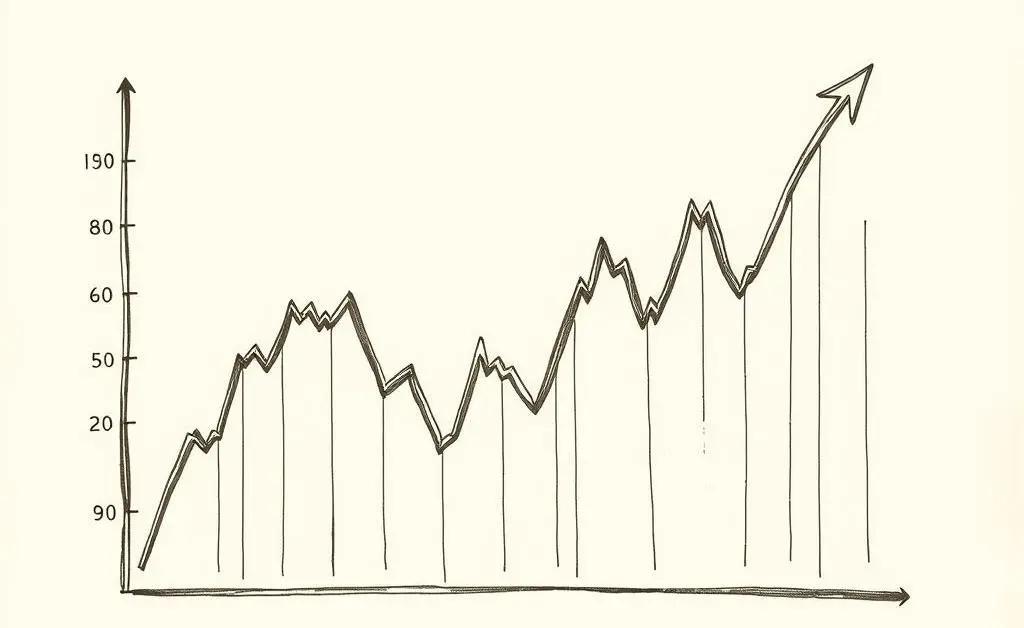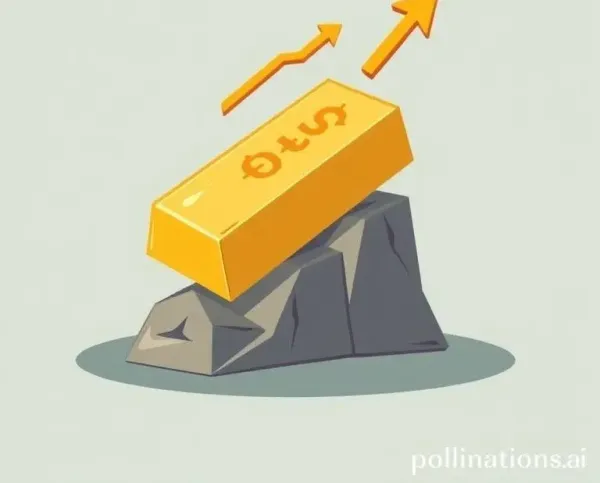Understanding Stock Market Fluctuations: Navigating the Ups and Downs
Learn how to navigate stock market drops without panicking.

Have you ever noticed your stock portfolio suddenly showing a drastic drop and thought, "What on earth just happened?" You're not alone, and, more importantly, you shouldn't panic.
Understanding Market Fluctuations
First, let's dive into why the stock market can appear volatile. It's important to remember that stock prices can fluctuate due to a variety of factors — from economic reports and corporate performance to global events and investor sentiment. These are just a few of the elements that contribute to the ebb and flow of the market.
The Role of Market Corrections
Think of a market correction as a financial detox. When stocks become overvalued, a correction brings them back to more reasonable levels. It’s not only normal but also necessary for a healthy market economy.

Staying Calm During Market Dips
Here's a little story: Imagine Jane, a passionate investor, starts her Monday glancing at her stock app, only to find a sharp decline. Her first instinct? Panic. But here's what Jane did instead — she took a deep breath, put down her phone, and reminded herself of her long-term investment goals.
By reconnecting with her plan, Jane avoided making rushed decisions based on fleeting emotions.
- Stay informed — Keep up with financial news to understand the broader picture.
- Don't respond impulsively — Review the fundamentals before making any moves.
- Diversify your portfolio — Spread your investments across various sectors to balance risk.
- Stick to your strategy — Focus on long-term goals, unless you have concrete reasons to adjust.
Balancing Emotions and Investments
It's okay to feel a bit anxious about fluctuations, but it's crucial to manage these feelings to maintain a level head. When you understand the market's nature, making informed and confident decisions becomes a lot easier. Plus, you'll find peace in your investment journey.

Conclusion
Next time you see your portfolio dipping, remember to pause and reflect rather than react impulsively. What strategies help you maintain composure during market swings? I'd love to hear your thoughts!




